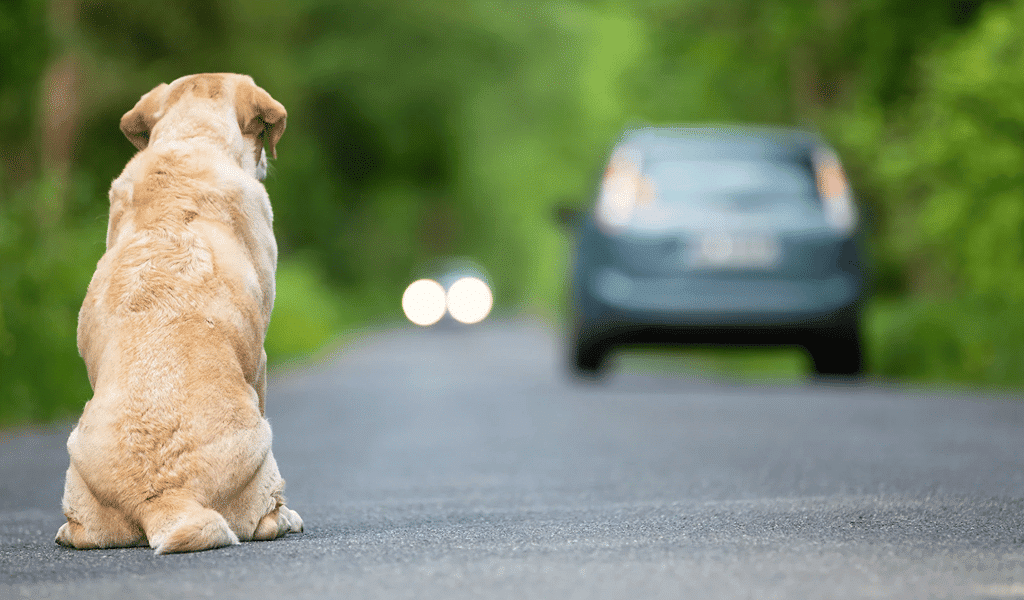Reactive & Aggressive Dog Training
Is it too late to train my reactive dog?
Does your dog act strange, out of control or exhibit behaviors that can be scary or unsafe? Pet parents often confuse dog reactivity with aggression. We use positive reinforcement training methods and the latest scientific animal behavior research to ensure that we don’t make the undesired behaviors worse. Even the toughest dogs can be helped with reactive and aggressive dog training at Barx Parx!
Reactive and aggressive behavior in dogs are related but are not the same thing. Reactive behavior refers to a dog’s tendency to overreact to certain stimuli, such as other dogs, people, or environmental factors. Reactive dogs may bark, growl, or lunge in response to these stimuli, but they may not actually intend to harm anyone or anything.
Aggressive behavior, on the other hand, refers to a dog’s intention to cause harm or injury to another animal or person. Aggressive dogs may growl, bark, lunge, or even bite as a way of defending themselves, protecting their territory, or establishing dominance.
While reactive behavior is often caused by fear or anxiety, aggressive behavior is typically more intentional and may be motivated by a variety of factors such as a lack of socialization, genetics, or past experiences.
Dogs may display reactive behavior for a variety of reasons, and the specific cause can vary depending on the individual dog and their environment. Reactivity refers to a dog’s tendency to overreact to certain stimuli, such as other dogs, people, or environmental factors. Here are some common reasons why dogs may become reactive:
- Fear or anxiety: Dogs may become reactive when they feel threatened or scared. For example, a dog may bark, growl, or lunge when approached by a stranger or when put in an uncomfortable situation.
- Lack of socialization: Dogs that have not been socialized properly may become reactive towards other dogs or people.
- Trauma or past experiences: Dogs that have had traumatic experiences, such as abuse or neglect, may be more reactive as a result.
- Frustration: Dogs that are unable to engage in normal activities or behaviors due to physical or environmental restrictions may become reactive as a result of pent-up frustration.
- Genetics: Some breeds are more prone to reactive behavior due to their genetic makeup.
It’s important to note that reactive behavior in dogs can be dangerous and should be taken seriously. If your dog is displaying reactive behavior, it’s recommended to seek the help of a professional dog trainer or behaviorist who can help you identify the cause of the reactivity and develop a plan to address it.
Signs of Stress
Common Triggers
Reactive & Aggressive Dog Training
Reactive dogs have learned to be afraid of certain things so reactivity training is about counterconditioning and desensitization. It is almost never too late for training to help even the most difficult of reactivity cases. We utilize only positive reinforcement methods to increase the bond with your dog and turn around even the most difficult of reactivity cases.
Get Started
Aggression and reactivity training is a highly skilled service and requires some basic screening questions to ensure that Barx Parx is a good fit for your needs. Please answer the below screening questions to the best of your ability so we can determine suitability and estimate session price. Number of sessions depends on many factors including your dog's ability and the amount of work that you do as a handler between sessions.

